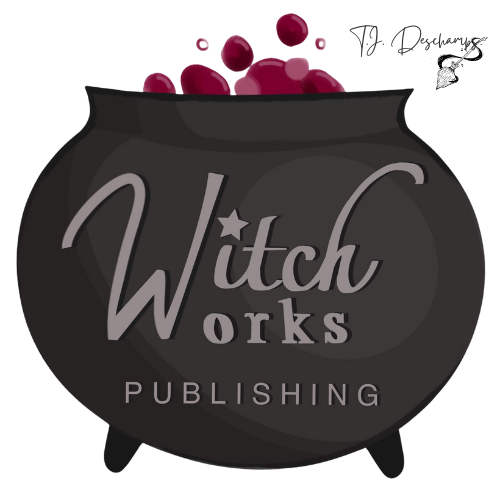How to Become a Better Writer without an MFA in Six Ridiculously Hard Steps
Share

For whatever reason, time, money, living situation, etc. not everyone can go to school and get a masters in creative writing. Does this mean you have to give up on your dream to become a writer?Absolutely not. What it does mean is that you must dedicate time and effort, and have to be a little more resourceful.
Step One: Get your hands on books on writing from the library. There are a myriad of books out there on how to write. Find out what books a university is using. Go to your favorite author's website or blog and find out what books they recommend. Read as many as you can and take notes. Do the exercises. Also, find books that tailor specifically to the genre you write. Your writing will improve significantly.
Step Two: Writers read. Much of learning to write is learning story craft. While you're reading books on writing, consume as many books as you can while analyzing the craft aspect you learned from those writing books. Watch movies and television, they are different mediums, but you'll start to see how story is crafted. Take notes where the writer succeeded and failed to get craft right. Ask yourself if it was intentional. Ask yourself how you would write it differently.
These books don't have to be new. Who better to learn from than books written by your favorite authors?
Step Three: Subscribe to Youtube channels that cover the craft of writing. There is so many free lectures out there about writing. Take notes. This is your MFA at your pace.
Personally, I like to watch critique videos. Where readers give feedback on books they've read. What the writer got right and wrong. This is in addition to craft videos. (Bonus: You'll see a lot of criticism is opinion and grow a thicker skin when you're eventually ready for feedback.)
Step Four: Write! Practice what you've learned, preferably an aspect at a time. You're going to learn there are many elements to writing a well-crafted story. Don't be overwhelmed. Treat it like a class, dedicating a small piece at a time, eventually getting to the big picture and combining all the elements you've learned.
Step Five: Get feedback from someone experienced and talented, not your buddies. In creative writing classes, you constantly write pieces and get feedback from your peers and the professor. Find some writers who have a little more experience under their belt to give you feedback. Critique groups can be a great resource for this. Facebook is an excellent source for finding critique groups.
Writer beware: Some critique groups are heavy on the criticism and light on the helpful feedback. These are tired writers with little talent who want to make themselves feel better about their work by tearing down newbies. If critique feels abusive and not constructive, find another group.
Step Six: Repeat until you have something worth sharing with the world. Have fun with it. Experiment. You'll get there!
Good luck! Happy writing!
